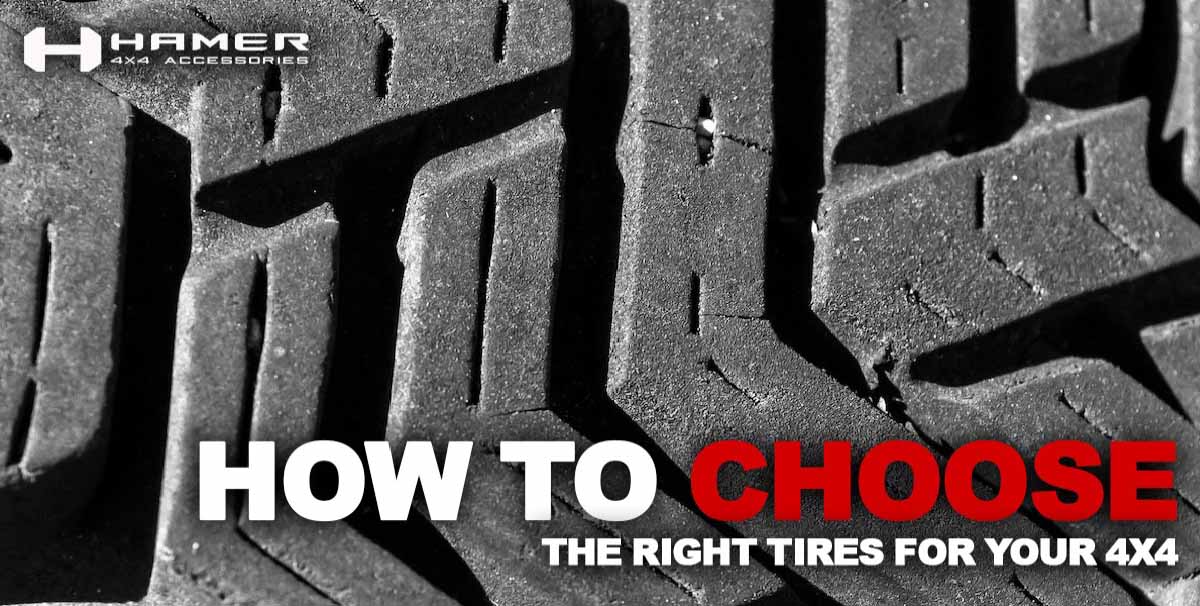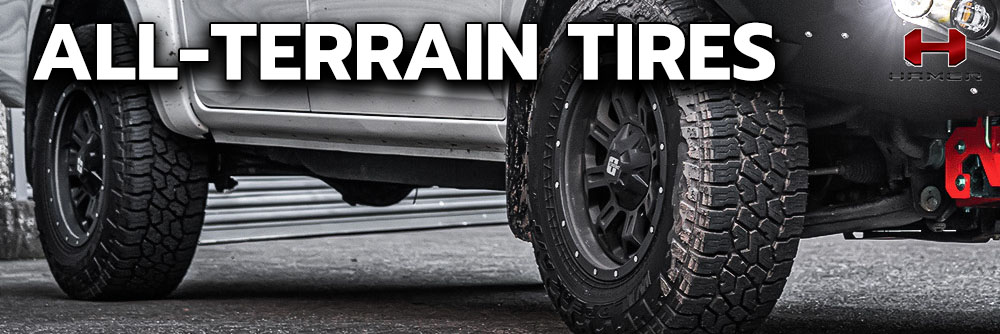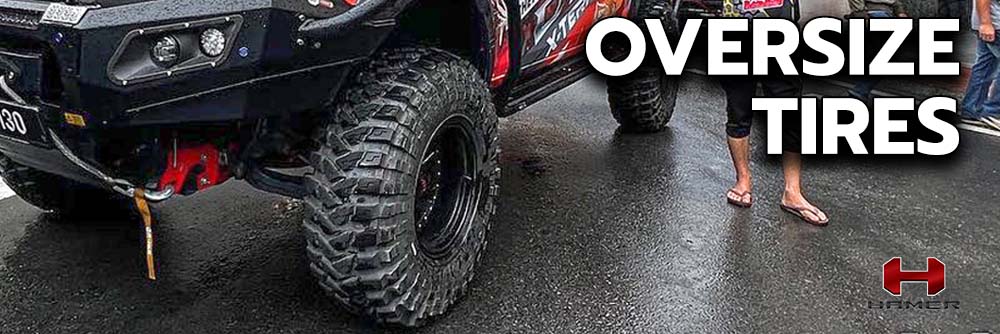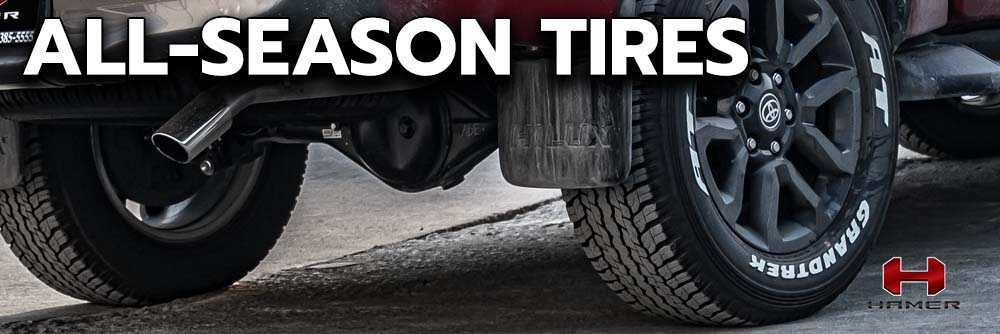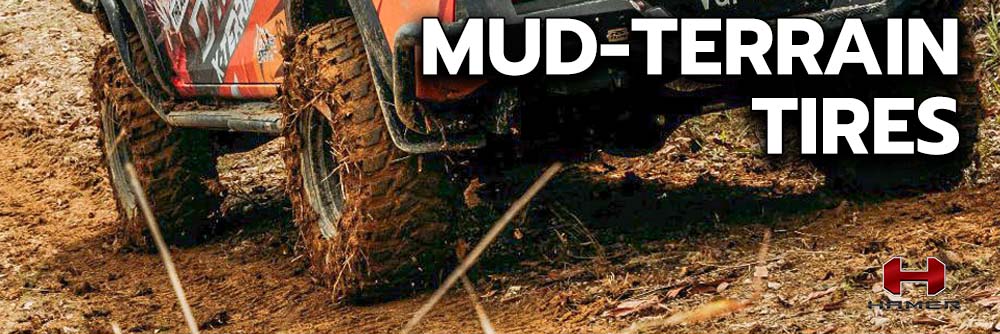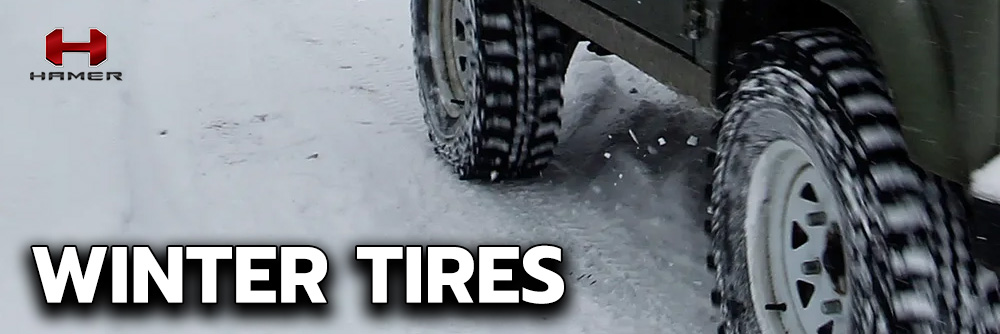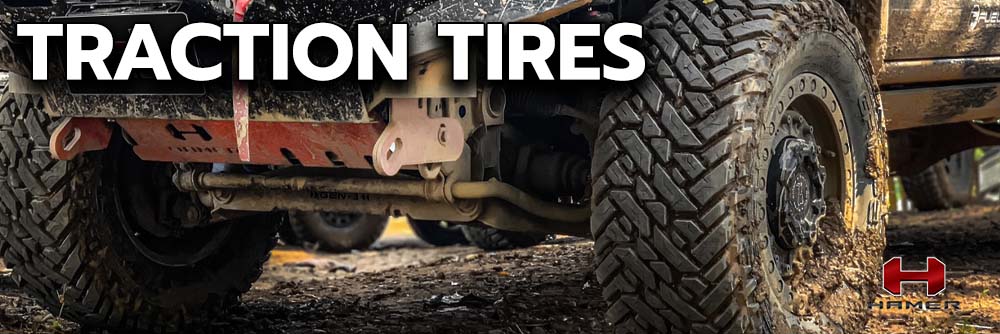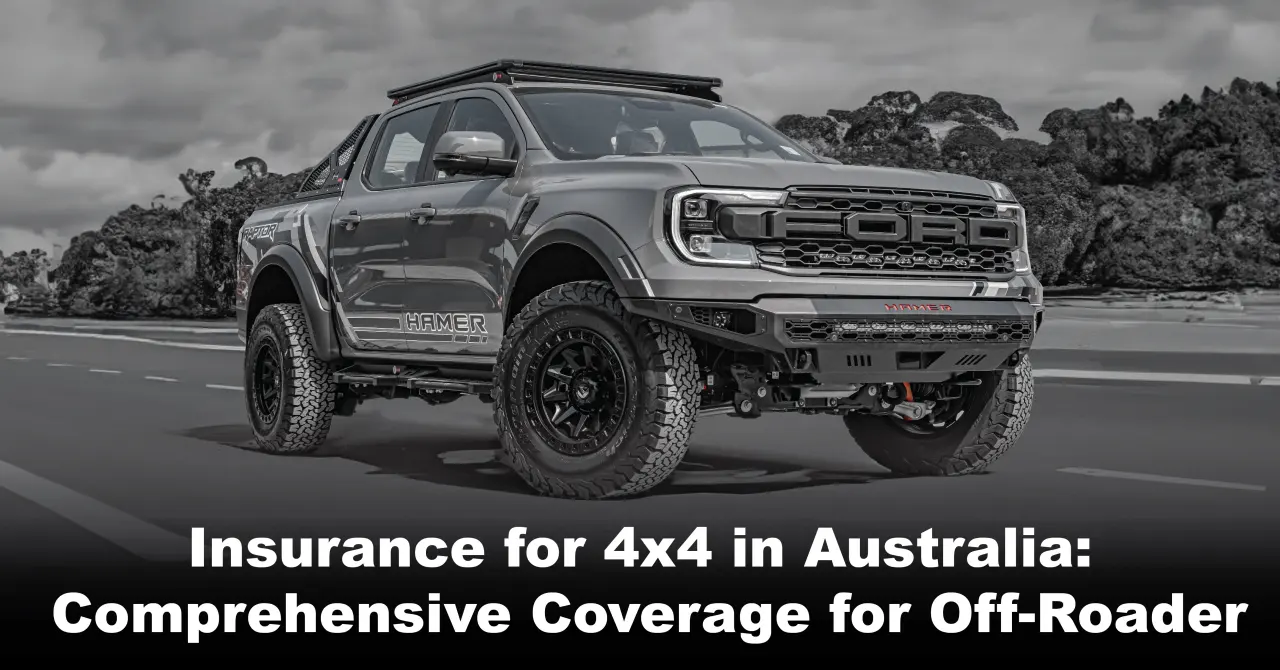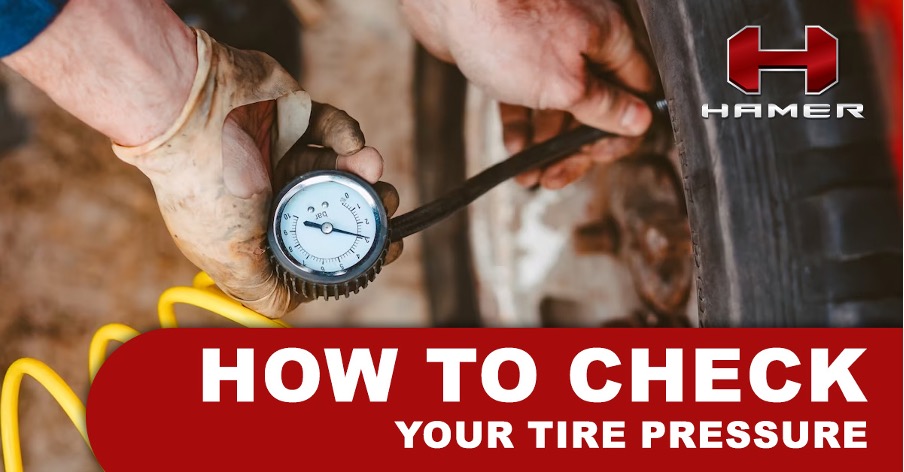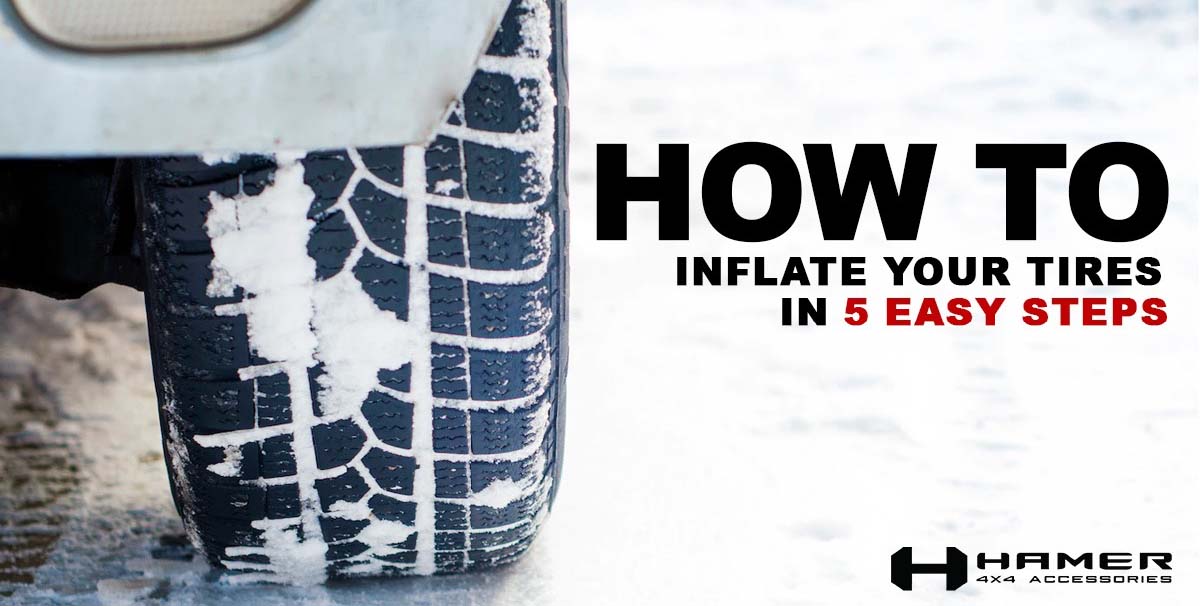NEWS & ACTIVITY
How to Choose the Right Tires for Your 4×4
One of the most important things you can do to maintain the longevity and performance of your four-wheel drive (4WD) vehicle is to choose the right tires. You need tires that are specifically designed for off-road driving and that can handle the type of terrain and climate you frequently drive in, along with the weight and power of your 4×4. There are several factors to consider when choosing 4×4 tires, such as size, tread pattern, terrain, and price. In this article, we will provide some general guidelines on how to select the best 4×4 tires for your needs.
Why Is Choosing the Right Tires for Your 4×4 Important?
Your car is a big investment, so you want to make sure that you are taking care of your 4×4 the best way possible. Choosing the right tires is one of the most important things you can do to maintain your vehicle. Off-road driving is tough on tires, and if you don’t have the right ones, you run the risk of getting stuck or even damaging your vehicle. The wrong tires can also decrease your gas mileage and make your 4×4 less comfortable to drive. Therefore, choosing the right tires will allow you to enjoy off-roading in your car for years to come.
Finding The Right Tires!
Now that you know why it’s important to choose the right tires for your 4×4, it’s time to start shopping!
All-Terrain Tires
There are several different types of all-terrain tires for 4wd vehicles. All-terrain tires are designed to provide good traction and handling on a variety of surfaces, from pavement to dirt to mud. They typically have a deeper tread than regular tires, which helps to improve traction. Many all-terrain tires also have a Reinforced Sidewall construction, which helps to resist punctures and other damages.
Not all all-terrain tires are created equal, however. Some are better suited for off-road use, while others perform better on pavement. There are also all-terrain tires that are specifically designed for mud or snow. When choosing all-terrain tires for your 4wd vehicle, it’s important to consider what type of surfaces you’ll be driving on most often.
Oversize Tires
Over-size tires for 4WD are a type of tire that is larger than the standard size for the vehicle. These tires are typically used for off-road vehicles or for vehicles that need increased traction in snow or mud. Over-size tires can provide increased traction, stability, and ground clearance, but they can also be more difficult to handle on paved roads. It will also make your 4wd look more aggressive, which is a bonus!
You also want to make sure that the tires you choose have a good tread pattern. The tread pattern is what’s going to give you the traction you need on loose surfaces like dirt, sand, or mud. Look for a tire with a deep tread that will bite into the surface and give you the grip you need.
All-Season Tires
All-season tires are designed to provide good traction and handling in a variety of conditions, including dry and wet roads, light snow, and slush. They typically have a tread pattern that helps to evacuate water and slush from the contact patch, as well as tread compounds that remain pliable in cold weather. Some all-season tires also have special features, such as reinforced sidewalls or extra tread blocks, that improve snow traction.
If you live in an area that sees all four seasons, or if you frequently drive in snow or slush, all-season tires may be a good option for you. Just keep in mind that they may not perform as well as dedicated off-road or winter tires in extreme conditions.
Mud-Terrain Tires
Mud-terrain tires are designed for optimal traction in off-road conditions, offering superior grip and stability when driving on mud, sand, dirt, or rock. They are a popular choice for 4wd vehicles, as they provide the extra traction and clearance needed to navigate rough terrain.
Mud-terrain tires typically have a more aggressive tread pattern than highway tires, with larger and deeper tread blocks. This helps to displace the mud, sand, or dirt that can buildup in the treads, providing better traction and preventing the tires from getting bogged down. The tires also have reinforced sidewalls to protect against punctures and abrasion, and some models even come with built-in mud flaps to further deflect debris.
If you frequently drive off-road in difficult conditions, then mud-terrain tires may be a good option for you. However, keep in mind that they can wear down more quickly than regular tires, so you may need to replace them more often.
Winter Tires
Winter tires are designed to provide better traction and handling in cold weather and on snowy or icy roads. They are made from a special type of rubber that stays pliable in cold temperatures, and they have deeper treads than regular tires to provide better grip on slippery surfaces.
If you live in an area that gets a lot of snow and ice in the winter, or if you frequently drive in winter conditions, then winter tires are a good option for you. 4wd vehicles often come with all-season tires, but these are not necessarily the best option for winter driving. All-season tires are designed to perform well in a variety of conditions, but they don’t excel in any one area. Winter tires, on the other hand, are specifically designed for cold weather and snowy or icy roads.
Traction Tires
Traction tires are a great choice if you want to be able to use your 4wd in a variety of conditions. They are designed to perform well in roads that are in poor condition. They are made with a deep tread that helps to provide good traction on loose or slippery surfaces. Traction tires are often used in winter conditions when snow and ice can make roads treacherous.
While traction tires can be a great asset in adverse conditions, they are not without their drawbacks. One downside of traction tires is that they can be noisy on dry pavement. Another is that they tend to wear out more quickly than regular tires. If you frequently drive on rough roads, you may need to replace your traction tires more often than you would regular tires.
Overall, traction tires can be a great option for driving in difficult conditions. But be sure to weigh the pros and cons before deciding if they are right for you.
To Wrap Things Up
Choosing the right tires for your 4×4 is an important decision. The right tires can make your car more comfortable to drive, increase your gas mileage, and protect your investment. When you are shopping for tires, we recommend you also install a tire carrier to accommodate your tire in case of unforeseen circumstances. In addition, your local Hamer dealer is a great place to get expert advice on which tires are right for your 4×4. Follow us on Facebook for our latest news and promotions at: Hamer4x4.



































































































